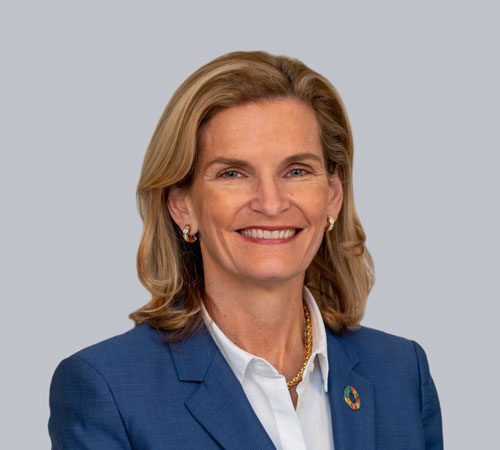
By Caio Castro
It’s official: The International Telecommunication Union (ITU) adopted a resolution that will guide the development of 6G standards and 6G radio interface technologies.
ITU members approved a series of measures during the ITU Radiocommunication Assembly 2023 (RA-23), concluded Friday in Dubai. The event precedes the World Radiocommunication Conference (WRA-23), which kicks off today.
“I’m deeply grateful to all colleagues and friends around the world who collaborated to enable this important milestone Recommendation for IMT-2030 (aka 6G) to be developed and approved,” chair of the SWG Vision – the working group responsible for developing a draft of a new ITU recommendation Hyoung Jin Choi – said in a social media post.
Among the outcomes of discussions, members agreed on “IMT-2030″ as the technical reference for 6G. They also made a revision of the ITU-R Resolution 65, paving the way for studies on the compatibility of current regulations with potential 6G IMT radio interface technologies for 2030 and beyond.
In addition to that, they also adopted the new Recommendation ITU-R M. 2160 on the “IMT-2030 Framework,” setting the basis for the development of IMT-2030.
According to the group, the next phase will be the definition of relevant requirements and evaluation criteria for potential radio interface technologies (RIT).
Other achievements:
Adoption of a new resolution on the use of IMT technologies for fixed wireless broadband;
In accordance with Resolution 219 (Bucharest, 2022), adoption of a new resolution on space sustainability to facilitate the long-term sustainable use of radio-frequency spectrum and associated satellite orbit resources used by space services. This will be supportive of further cooperation with other United Nations organisations and beneficial to the satellite industry;
Conclusion of a new ITU-R Recommendation on the protection of the radio navigation-satellite service and amateur satellite services;
Revision of Resolution ITU-R 8-3 to promote the participation of engineers and scientists from developing countries in propagation campaigns in tropical and subtropical regions of the world for which there is limited data monitoring.


